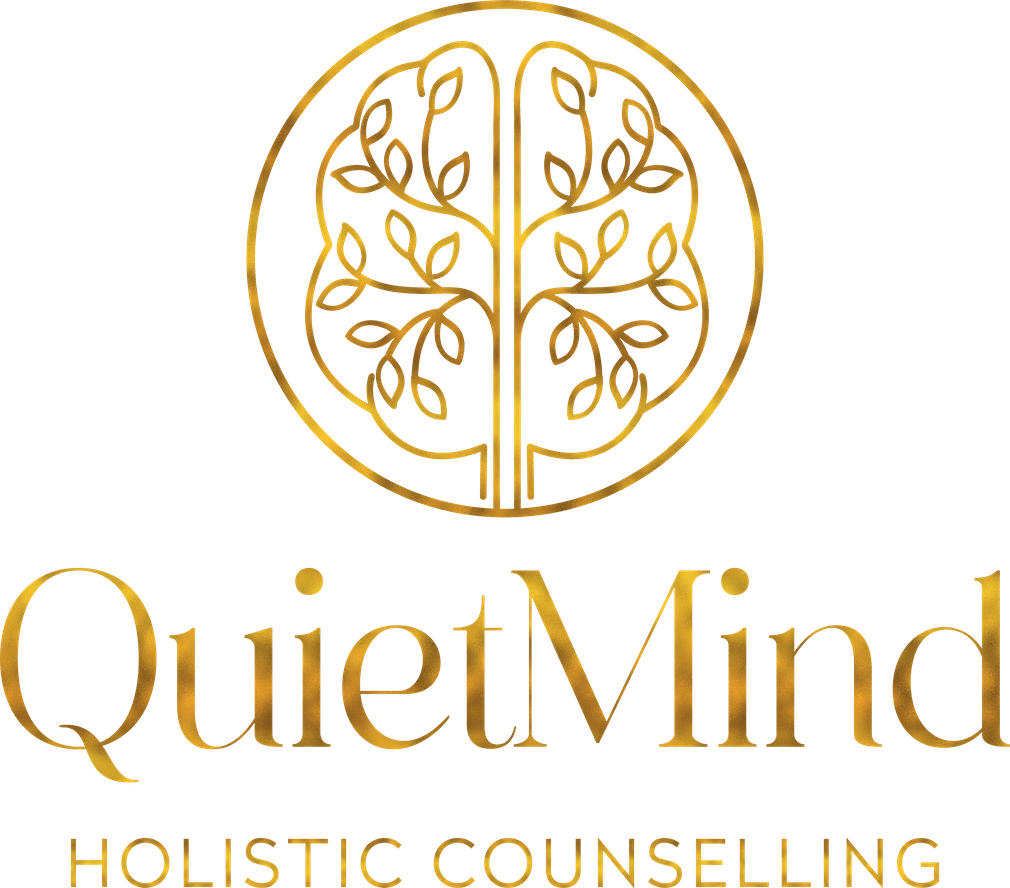Why Seek Counselling?
Maybe you’ve been thinking for a while that it might be good to speak to a counsellor about struggles you’ve been having, or persistent feelings of low mood, distress, anxiety or grief.
Maybe you’ve been feeling dissatisfied or stuck, have lost your inner spark, or feel adrift, not knowing which direction to head in. Or maybe someone you love is worried about you and has suggested that talking to a mental health professional might be a good idea.
However you come to it, if counselling has been playing on your mind, then chances are it will help.
Humans are inherently social creatures (even those of us who identify as introverts) and communication and connection are key to our wellbeing.
Talking through a problem or decision that needs to be made can help clarify the issue and bring fresh insights, motivation, or ideas, as well as offering different perspectives.
A counsellor is a guide in helping you to work out the root causes of your discomfort or distress. It may help to think of a counsellor as your personal collaborator in the project of you, helping to navigate turbulent times, difficult decisions and life changes both big and small.
A counsellor will support and sometimes challenge you, and always be in your corner.
It can sometimes be difficult in our day-to-day lives to find people who have both the time and emotional resources to listen fully and confidentially, without judgement, unsolicited advice, or an eye on the clock.
And sometimes a problem can feel too big, too confused or unwieldy, too raw or too shameful to talk about with people we know intimately. Our modern lives are often busy and hectic, leaving many of us feeling frazzled, anxious, and unfocussed.
Relentless productivity has been glorified, and we are bombarded with seemingly endless options for news, entertainment, study, shopping, and diversion. It can sometimes feel like there is no off-switch and that life is a never-ending scroll through screens, work, and obligations.
Career, family, relationships, and health all bring unique challenges to the mix, and the effects of our society, environment and world events play a large (if sometimes unacknowledged) part on our habits, beliefs, emotional state, and physical health.
A fundamental principle in counselling is to provide what is called a “safe space” for each client, a place and time where their physical and emotional safety is supported and where they can express themselves freely and without judgement in the moment, however that may look.
Counselling professionals work from what is called a person-centred approach, meaning that the individual they are seeing is both the focus point and the guide for the session.
To put it another way, the counsellor will undertake to “meet the person where they are” from session to session, meaning that even if there is a previously agreed-upon goal and loose plans for a particular session, if it doesn’t meet what the client needs in that moment then the counsellor will adapt the session as needed.
Sessions are tailored and tweaked both before and during the session, depending on what is happening for the client right then.
This respects the pace that a client feels comfortable with and acknowledges their current life circumstances, health and emotional state.
The modality or style of counselling may change, as may the topics for discussion or goal for that day, depending on the client’s current capacity. By attuning to the client’s needs as they arise, counselling provides validation, support and empathy which are essential tools for managing difficult life circumstances and emotions.

